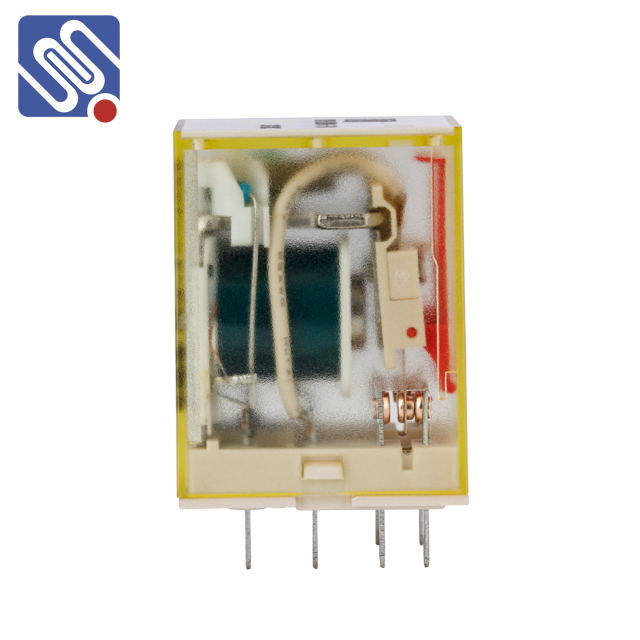relay performance metrics: understanding key indicators with meishuo
Release time:2025-06-15 17:45:48
In the world of telecommunications and networking, relay performance metrics are essential for evaluating the effectiveness of relay systems, whether in wireless communications or network infrastructure. These metrics provide critical insight into how well a relay system is performing in terms of speed, reliability, and efficiency. As we delve into the world of relay performance metrics, it is important to understand how different systems, such as Meishuo, contribute to improving relay performance and what key indicators should be measured for optimal network performance.

Key Relay Performance Metrics
Relay performance metrics help to quantify the efficiency of relays, which are used to extend the range of communication in both wireless and wired networks. These metrics can vary depending on the specific type of network, but some of the most important include:
Throughput: Throughput is one of the most significant metrics when it comes to measuring relay performance. It indicates the amount of data successfully transmitted through the relay system over a specific period. A higher throughput signifies better data transfer capabilities and greater efficiency. Meishuo, for instance, uses advanced algorithms to ensure maximum throughput by reducing delays and enhancing the speed of data transmission.

